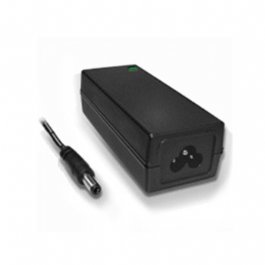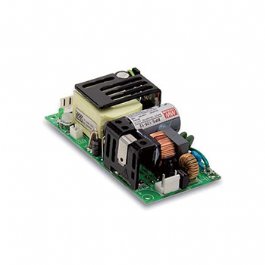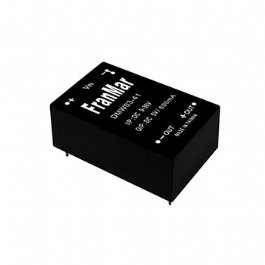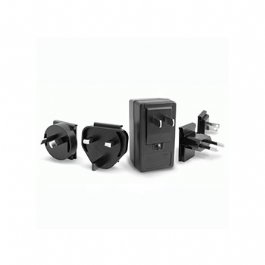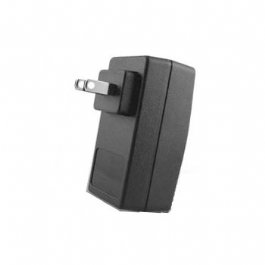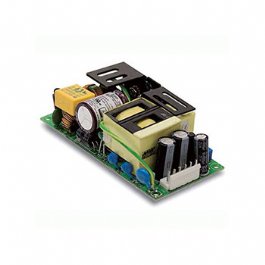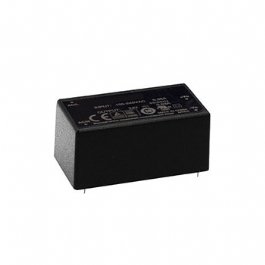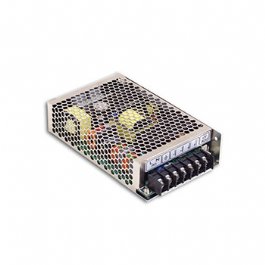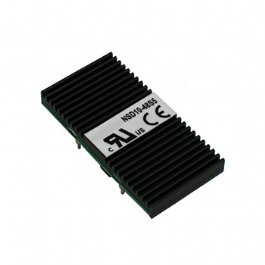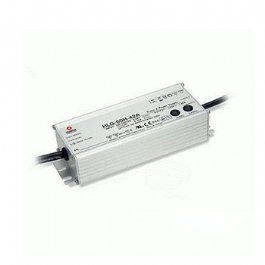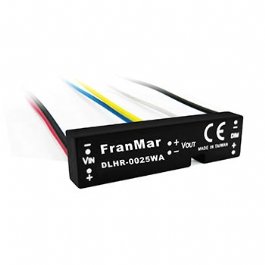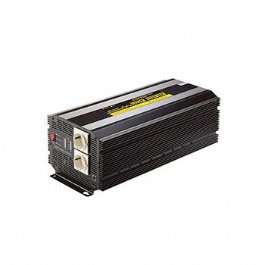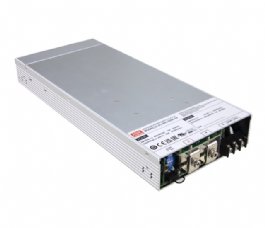Product
Application
MoreThe output ground (GND) and frame ground (FG) is the same point in my system, can FranMar's adapter use in such system?
Yes, FranMar's class I (C14 & C6 AC inlet) adapter is designed based on isolation concept, it will be no problem that the output ground (GND) and frame ground (FG) is the same point in your system. However, EMI may be affected by this connection.
How to select a proper cable for your power supplies?
When installing the power supply, both input and output ends need to be connected by wire. The following points need to be considered in selecting wires.
(1) Current rating : if the current rating is insufficient, the wire temperature will be too high or even burned
(2) Voltage drop : the wire itself has impedance, when the current flows, it will cause voltage drop. If the voltage drop is too high, it will cause the voltage at the load end to be too low, which may cause the load to fail to work.
(3) Noise : it can be a problem for wires, especially when high frequency signals travel long distances, using shielded wires may help eliminate noise and EMI disruptions.
(1) Current rating : if the current rating is insufficient, the wire temperature will be too high or even burned
(2) Voltage drop : the wire itself has impedance, when the current flows, it will cause voltage drop. If the voltage drop is too high, it will cause the voltage at the load end to be too low, which may cause the load to fail to work.
(3) Noise : it can be a problem for wires, especially when high frequency signals travel long distances, using shielded wires may help eliminate noise and EMI disruptions.
How to select a proper power supply?
(1) Suggest to choose a power with a rating of 30% more power than the application actual needs, in order to increase the reliability of the power supply.
(2) When using the power supply, the working temperature should measure from 1 cm next to the power supply and shall be derated if working on a higher temperature environment.
(3) Power supplies are beholden to a wide range of safety and compliance standards. These vary based on your industry, application and location. Please do make sure the selected power is qualified with safety standards and EMC regulations.
(2) When using the power supply, the working temperature should measure from 1 cm next to the power supply and shall be derated if working on a higher temperature environment.
(3) Power supplies are beholden to a wide range of safety and compliance standards. These vary based on your industry, application and location. Please do make sure the selected power is qualified with safety standards and EMC regulations.
Functionality
MoreWhat is "Inrush Current"?
The switching power supply will appear a high pulse current at the moment when power supply is powered on. After the product is started, it will resume the normal current input. This phenomenon will occur every time when input power into the PSU which is a normal and will not cause damage to the power supply. However, it is not recommended to turn on and off the power supply continuously.
What is PFC (power factor correction) ?
PFC is a circuit which is to improve power conversion efficiency. Under this circuit, the ratio of apparent power to real power can be reduced. E.g. Without the PFC, the power factor is around 0.4~0.6, power plant needs to generate more than 2WVA electricity to fulfill 1W usage. Same condition, the power with PFC circuit (power factor is 0.95), the power plant only needs to generate more than 1.06VA electricity. Therefore, choose an active PFC power supply can contribute to energy saving and environmental protection.
Electric
MoreWhat is "Voltage"?
Voltage is the electric potential in a circuit that gives potential for current to flow. However, it doesn't mean that the circuit has current while voltage is present in a circuit. Voltage is the force that pushes electrons through the circuit when the path is closed for current to flow. Current is only present when there is a closed, completed path for current to exist.
What is "Current"?
Current is the rate at which electrons flow past a point in a complete electrical circuit.
What is "Frequency"?
Frequency is typically used to describe electrical equipment operation. It is the rate at which current changes direction per second.

